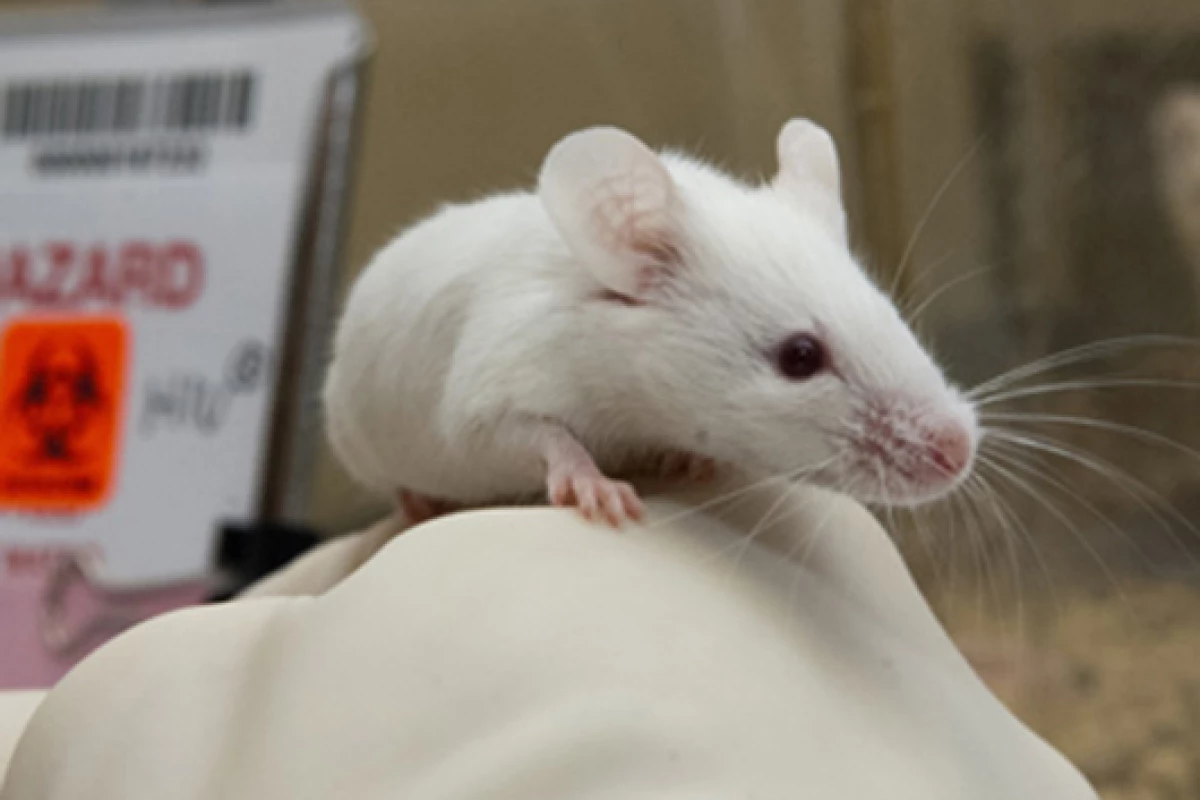To survive HIV you need a cocktail of expensive drugs that often have side effects. That could change with research out of The Rockefeller University where scientists have found that harnessing proteins from the human immune system can suppress the virus in mice. Potentially, this could lead to a therapeutic approach to treating HIV that does not require a daily application of drugs.
Florian Klein and his colleagues in Michel Nussenzweig's Laboratory of Molecular Immunology found that a combination of five different antibodies – proteins the human immune system uses to fight infection – could suppress HIV-1 replication and keep the virus at bay for a 60 day period after termination of therapy.
Potent antibodies have previously been found to prevent HIV from infecting non-human primates, raising the possibility that this could lead to a vaccine for humans. However, there has been a school of thought that these would have no effect on infections.
The recently discovered potent antibodies (or "broadly-neutralizing antibodies") used by Klein's team were identified and cloned from HIV-infected patients whose immune systems showed an unusually high ability to neutralize HIV.
“Antibodies had been written off as a treatment for HIV/AIDS because previous studies showed only a limited effect on controlling the virus,” says Klein. “But that was before these more potent antibodies were discovered. We wanted to readdress this question using these new tools.”
HIV-1 is difficult to control because it continually mutates to evade the immune system's attacks. The new antibodies – which target HIV-1's surface protein gp160 – were however found to be effective when used in combination. One antibody alone wasn't enough to quell the virus. Indeed, a mix of three wasn’t enough. But five of them, all firing together, were powerful enough to stop the gp160 from mutating and attaching itself to a host cell.
The next step is to tune the therapy for humans. For this study, the researchers used "humanized" mice which carry functioning human genes, cells and tissues, are standard fare in laboratories requiring small animal models in biological and medical research for human therapeutics. Normal mice don't have the right receptors to be infected with HIV-1.
“Although HIV-1 infection in humanized mice differs in many important aspects from infection in humans, the results are encouraging to investigate these antibodies in clinical trials,” says Klein. “It also may be that a combination of antibodies and the already established antiretroviral therapy is more efficacious than either alone.
“If this could be used as a treatment one day, it is conceivable that patients would only need to take traditional drugs until the virus is controlled, and then receive antibodies every two to three months to maintain that control. We’re eager to explore if a benefit in HIV-1-treatment can be achieved in humans.”
The findings are published in the Journal Nature.
Source: The Rockerfeller University





